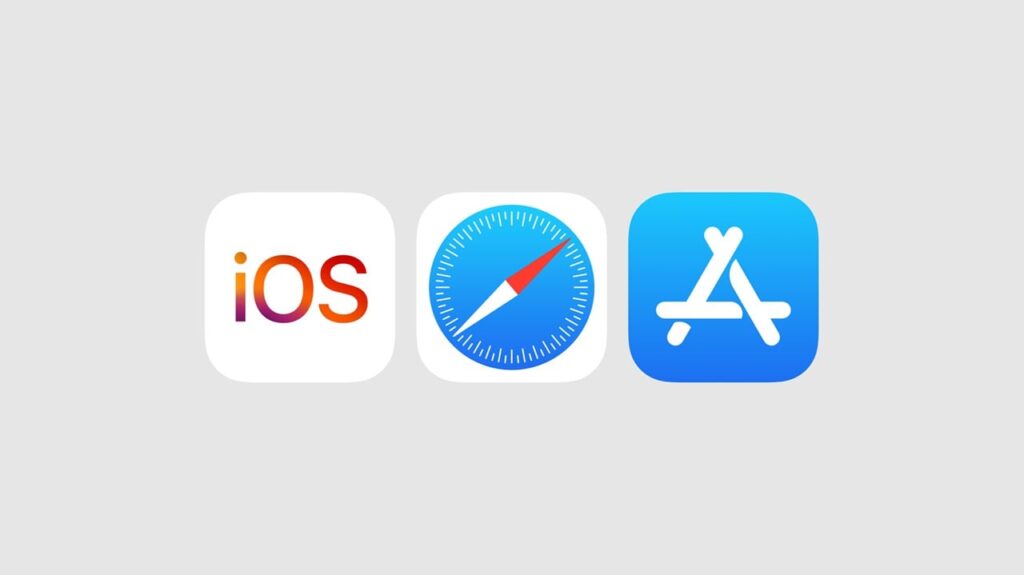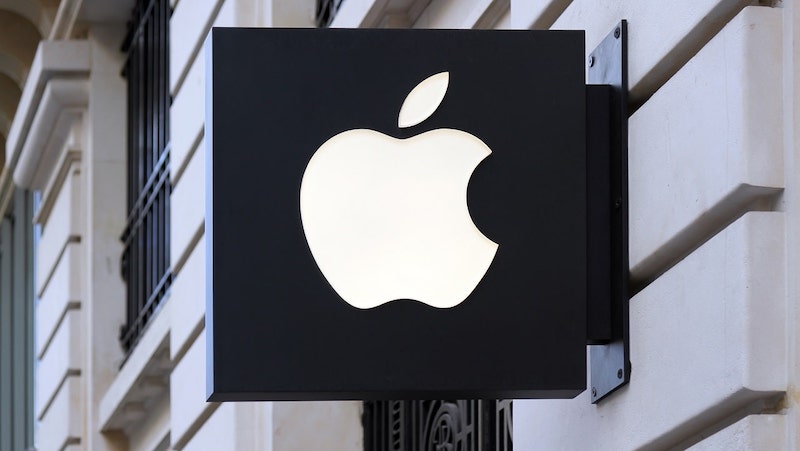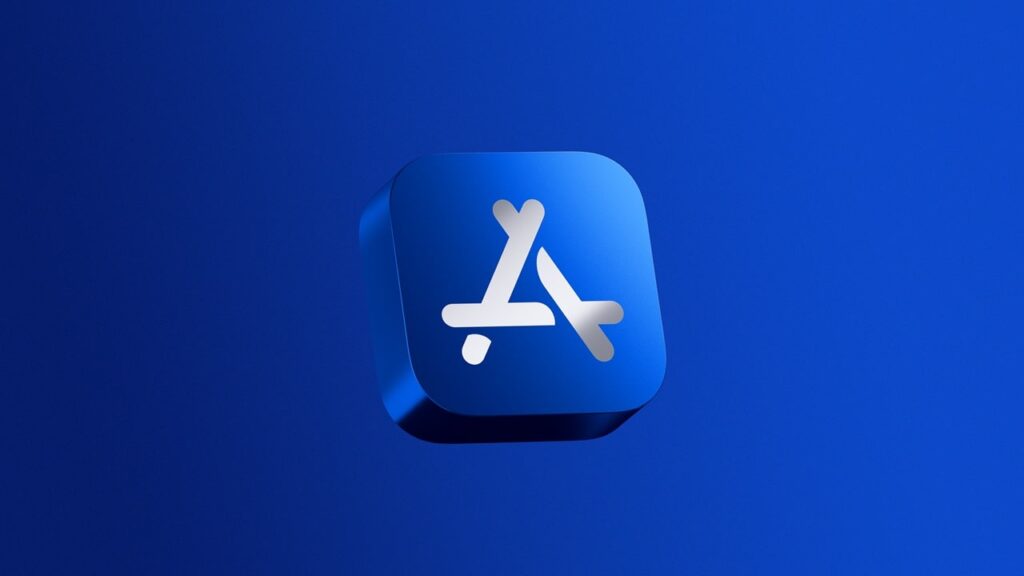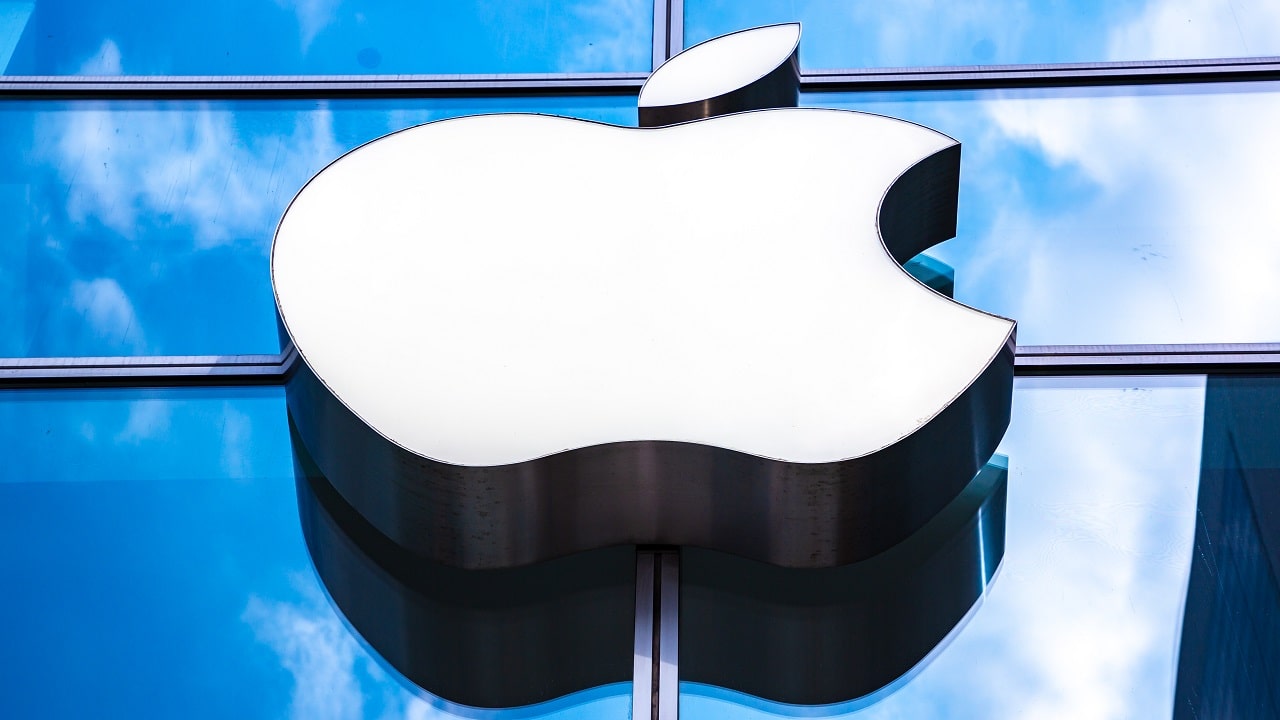Apple has announced changes to iOS, Safari and App Store in Europe, to comply with the provisions of Digital Markets Act (DMA) in the European Union (EU). They reach further 600 new APIs, with several options for payments and iOS app distribution. However, Apple predicts that only 1% of developers will switch carriers. And it says it has expanded “protections to reduce the privacy and security risks created by the DMA.”
Apple changes for the EU: iOS, Safari and App Store changes for the DMA
In its press release, Apple explained that without due precautions, the changes required by the DMA could lead to privacy and security risks — especially those for payments on the App Store. To avoid malware, fraud, scams, illicit content and more, Apple is implementing safeguards. Among these, oneauthentication for iOS appsa marketplace developer permission, and a disclosure on alternative payments.
Phil SchillerApple Fellow, explained: “The changes we are announcing today are comply with the requirements of the Digital Markets Act in the European Unionbut at the same time help protect EU users from the inevitable increased threats to privacy and security that this regulation brings.”
Developers can find detailed information about the changes on the Apple Developer Support, and can test them in the iOS 17.4 beta right away. The new features are coming to users in 27 EU countries as of March 2024.

In addition to the news for the DMA, Apple announced new options for streaming games: we will be able to play with Xbox Cloud and GeForce Now, with dedicated apps instead of via browser. But let’s go in order, evaluating all the changes coming.
The changes coming to iOS: alternative marketplaces and browsers are arriving
Among the most notable changes coming to adapt to the DMA, Apple has announced new options for distributing iOS apps from alternative app marketplaces. New APIs (application programming interfaces, protocols and definitions for software) and tools are arriving that will allow developers to offer their own iOS apps for download from alternative app marketplaces.
In addition to apps, marketplaces are needed to distribute them — one an absolute novelty for iPhones. There is a new framework and new APIs for creating alternative app marketplaces, for those who want to create digital stores other than the App Store. And also for those who want to create alternative browser engines, other than WebKit for browser apps and apps with in-app browsing experiences. Users could already set browsers other than Safari as default, but now they will from a choice screen when they open Safari for the first time.
Then comes a interoperability request formwhere developers can submit requests to interact with the hardware and software features of iPhone and iOS.
Changes for privacy and security
Downloading applications from alternative marketplaces and using different browser engines, according to Apple, could open up risks for users. So, new things arrive such as:
Apple, however, argues that some risks from alternative marketplaces are beyond Cupertino’s reach. Apps that contain scams, fraud, and abuse or that expose users to illegal, questionable, or harmful content are more difficult to manage.

Cupertino, however, warns that theApp Tracking Transparency will continue to work with apps distributed outside the App Store, and will ask for user permission before a developer tracks their data across apps or websites. This does not contradict the terms of the DMA, according to Apple.
How Apple changes the App Store to comply with the DMA
The App Store is also the protagonist of Apple’s changes to respond to the DMA, with impacts that will affect iOS, iPadOS, macOS, watchOS and tvOS. For developers, the changes include new options for using payment service providers (PSPs) within their apps. In addition to more operators, also more options for processing payments via links, so ch and users complete transactions on developers’ external websites. And there are business planning tools to understand these changes.
Then come the measures which, according to Apple, allow it to protect and inform EU users. Like the App Store product page labels, which inform users when an app uses an alternative payment processor. And then in-app information sheets to let users know when they are no longer transacting with Apple and when a developer directs them to transact using an alternative payment processor. Simply put: when we don’t pay through the App Store, Apple will let us know straight away. Additionally, Apple has introduced new app review processes to verify that developers accurately communicate transaction information that use alternative payment processors.
Finally, we European users will be able to find and export all our data regarding the use of the App Store, collected by Apple.
No refunds if out of the App Store
Apple says that for apps that use alternative payment processingApple will not be able to issue refundsthe. Therefore, it will have less ability to support customers in case of problems, scams or fraud.

Additionally, users’ purchase history and subscription management on the App Store will reflect only transactions made using the App Store’s in-app purchasing system.
What changes for Apple developers with DMA
Apple has announced a series of new business terms for developers in the European Union (EU), in line with the provisions of the Digital Markets Act (DMA). Developers now have the option to choose between Apple’s existing business terms and the new DMA terms. But what changes?
There are three key differences:
Apple has made a calculator available to evaluate which will be the most convenient option for developers. And he bets that only 1% of developers will use external payments. Also because these new measures, which according to Apple respect the terms of the DMA, still make it difficult to compete with the App Store system. But there are alternatives, an important novelty for the Apple ecosystem. It’s difficult to understand whether we are facing a “new era” for Apple, but it is certainly the most important change since the launch of the iPhone.















Leave a Reply
View Comments